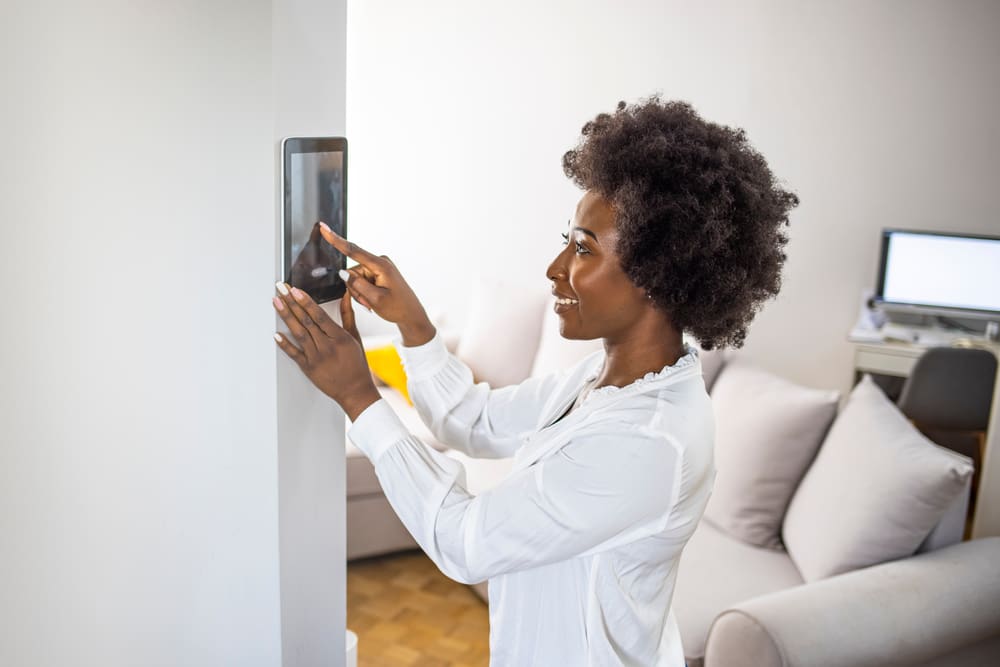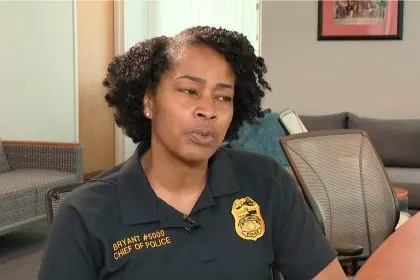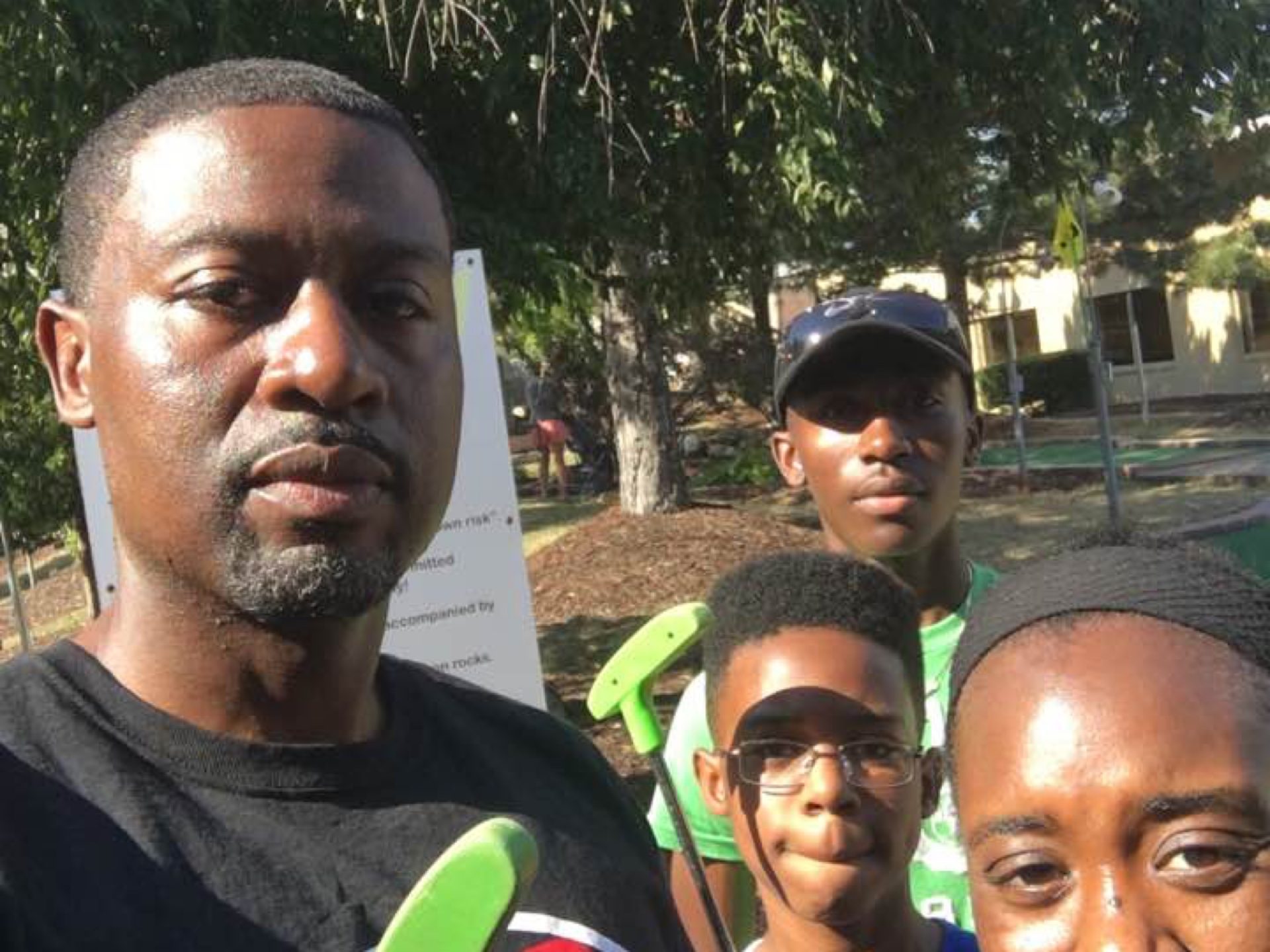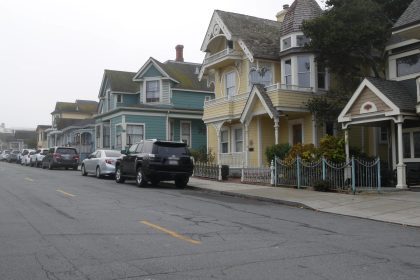A recent confrontation between real estate developer DaMichael Jenkins and neighbor Michelle Bishop in an affluent Ohio community has reignited discussions about belonging, success and racial assumptions in upscale neighborhoods.
A disrupted homecoming
Jenkins’ encounter with Bishop, captured on his front-door camera, unfolded as he arrived home during the holiday season. Despite his professional attire and calm demeanor, reported The Shade Room, Bishop questioned his residency and fled the scene while calling for help, transforming a routine evening into a tense situation that would later spark widespread social media debate.
Accountability in question
The aftermath revealed deeper issues within the community structure. The homeowners association’s silence following the incident highlighted institutional barriers that persist even in spaces where professional achievement should guarantee equal treatment and respect.
Bishop later attempted to defend her actions through a lengthy social media stream, maintaining her response stemmed from fear rather than bias. Her insistence that she would repeat her actions under similar circumstances — coupled with her claim of describing Jenkins as white to neighbors — added complexity to an already fraught situation.
Beyond the incident
The confrontation resonates particularly with professionals who have navigated similar experiences despite their achievements. Jenkins’ position as a successful real estate developer adds another layer to the ongoing conversation about how professional accomplishments intersect with societal perceptions.
This incident has prompted broader discussions about community building and wealth creation. Jenkins’ reflection on potentially redirecting his focus toward developing communities centered on cultural understanding and mutual respect speaks to a growing movement of professionals leveraging their success to create inclusive spaces.
The situation exemplifies how surveillance technology now serves as a crucial tool for documentation, enabling important conversations about belonging and accountability in exclusive communities. Social media’s role in amplifying these discussions has created a platform for examining how unconscious bias affects daily interactions in supposedly progressive spaces.
For many successful professionals who have achieved the markers of upward mobility — prestigious addresses, professional recognition and financial success — the incident serves as a reminder that certain challenges persist regardless of socioeconomic status. It underscores the importance of building supportive networks and creating spaces where achievement is recognized without qualification.
The conversation continues to evolve, focusing on how communities can move beyond superficial inclusion to create genuinely welcoming environments where success is celebrated and belonging is never questioned. As similar incidents surface across the country, the emphasis shifts toward developing proactive solutions rather than reactive responses to bias.

















